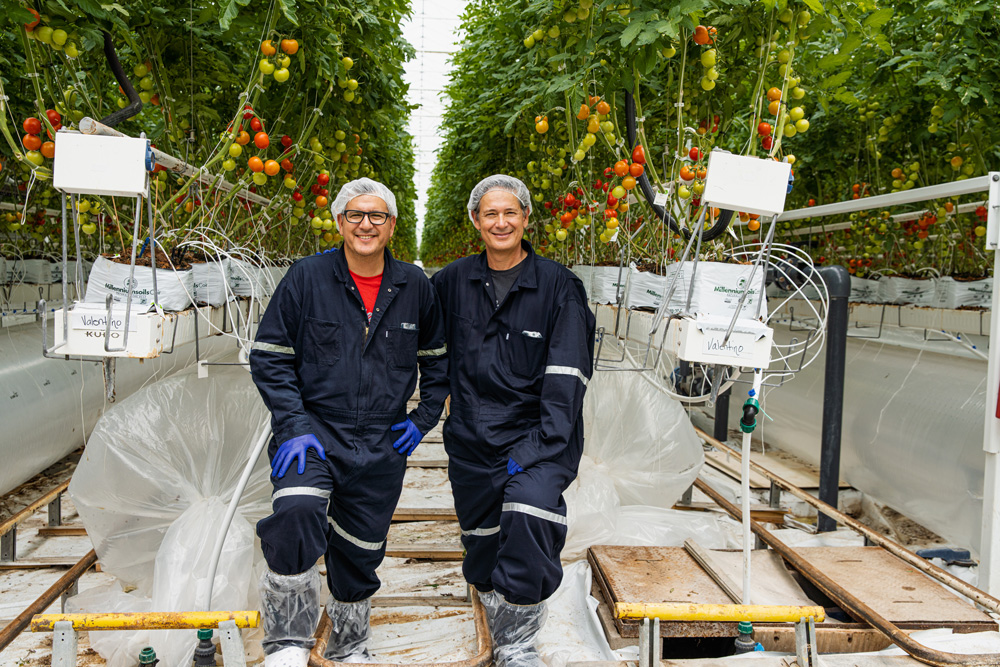
When Miguel Crisantes Gatzionis first immigrated to Mexico from Greece in the 1920s, he started growing tomatoes in Culiacán that were then shipped and sold in the United States. Miguel later passed his farm down to his son Theojary Crisantes Sr., who was inspired to re-envision some key aspects of the family business. After learning about the dangers of using synthetic chemical pesticides like DDT (thank you, Silent Spring), and after seeing that the widespread use of pesticides was a threat to the livelihood of the planet and the entire food system, Theojary Sr. realized that his family’s business could be a part of the solution. However, he also recognized that he was located in a valley of conventional farms still using pesticides, so his desire to operate with organic principles felt futile.
In the 1980s, when he traveled to Spain and Holland, he saw modern greenhouse technology for the first time in person. Bingo! Then after building his first greenhouse back on the family farm, his first successful crop was tomatoes—the same crop that brought his father his initial agricultural success. The legacy of innovation continues today with Wholesum’s current container growing system and current leaders, Ricardo and Theojary Crisantes, grandsons of Miguel Crisantes Gatzionis.
Wholesum currently supports over 1 million square feet of greenhouses at its Arizona location alone, and their company grows 225 acres both in-ground and in indoor farms between locations in the United States and Mexico. Under Ricardo and Theojary Jr.’s leadership, Wholesum has been committed to organic since the late 1990s. So while Wholesum Organics’ Amado, Arizona greenhouses might look a bit futuristic at first glance, these rows of ripening tomatoes have actually emerged after a century of accumulated knowledge refined over three generations.
Wholesum’s work is also rooted in principles of social responsibility. They maintain a vocal commitment to energy efficiency, employee empowerment, and thoughtful and proactive solutions to any challenge. “It’s a journey,” says Ricardo Crisantes. “Once you take [on organic] responsibility, then it starts shining the light on other areas of your business where you can be even more responsible. It goes from not using pesticides to really thinking: how am I responsible to this whole ecosystem around me? Energy matters. Waste matters. The people who work in the fields matter a lot. How you package your produce matters.”
Being the first Fair Trade Certified farm in the United States at their Arizona location, Wholesum has a deep commitment to supporting employee-driven projects at all of their operations. They have built a tortilleria, a nonprofit grocery store, and a soccer field which is used daily by the community in Los Janos, Sonora, Mexico. And for a company so committed to such a human-centered approach, they also stay so close to their crop that they know what it needs, too. “I would like the sun to shine every day,” remarks Ricardo. Even as they are seeing fewer sunny days even in southern Arizona, they view each new growing season optimistically—an attitude which will feel familiar to all farmers. “It’s a never-ending quest,” remarks Theojary Crisantes Jr., chief operations officer of the company, adding that, “It’s exactly what every farmer is thinking about. The optimism of ‘next year we’re gonna do it better and next year and the year after.’”
***
This article was written by Liz Birnbaum of The Curated Feast.
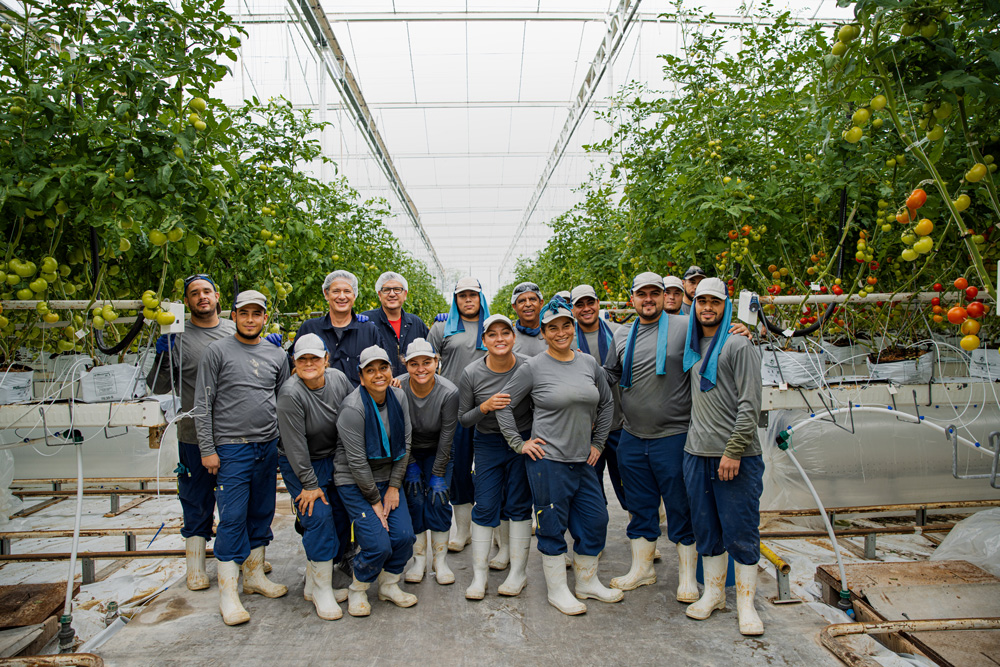
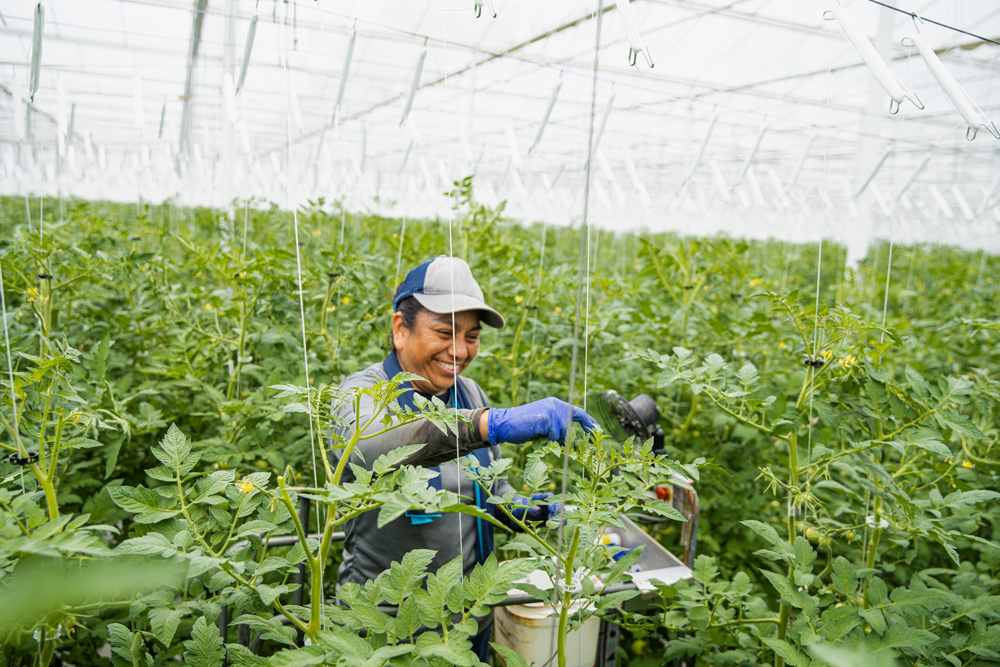
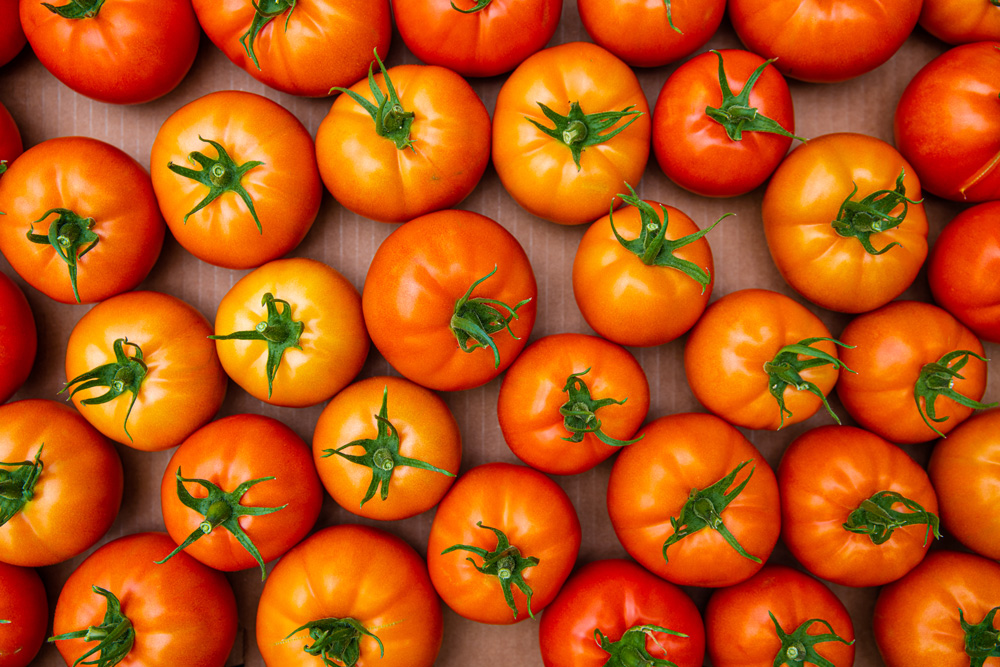
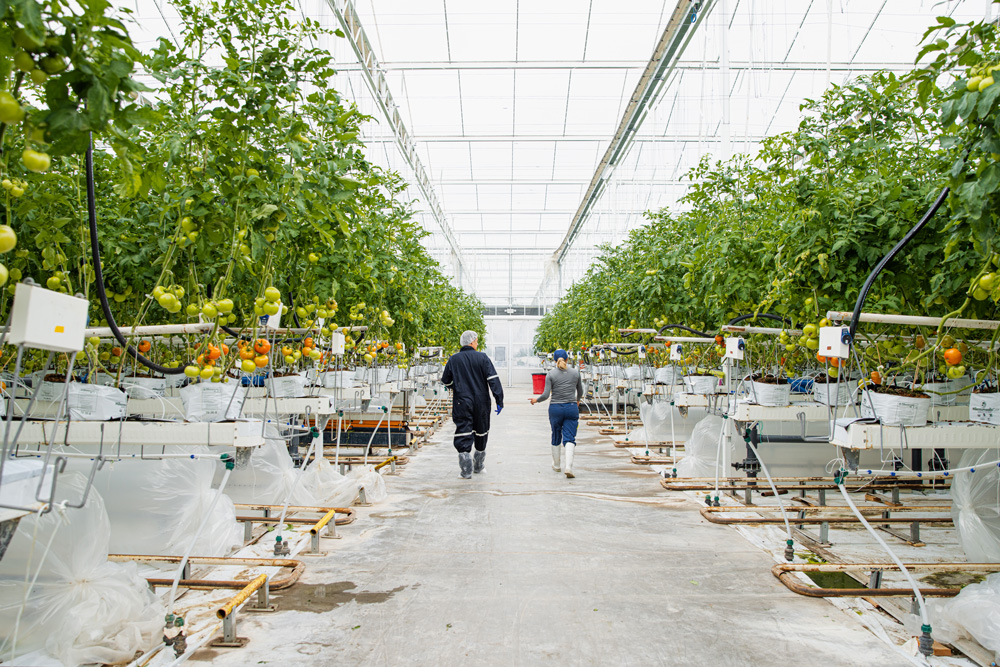
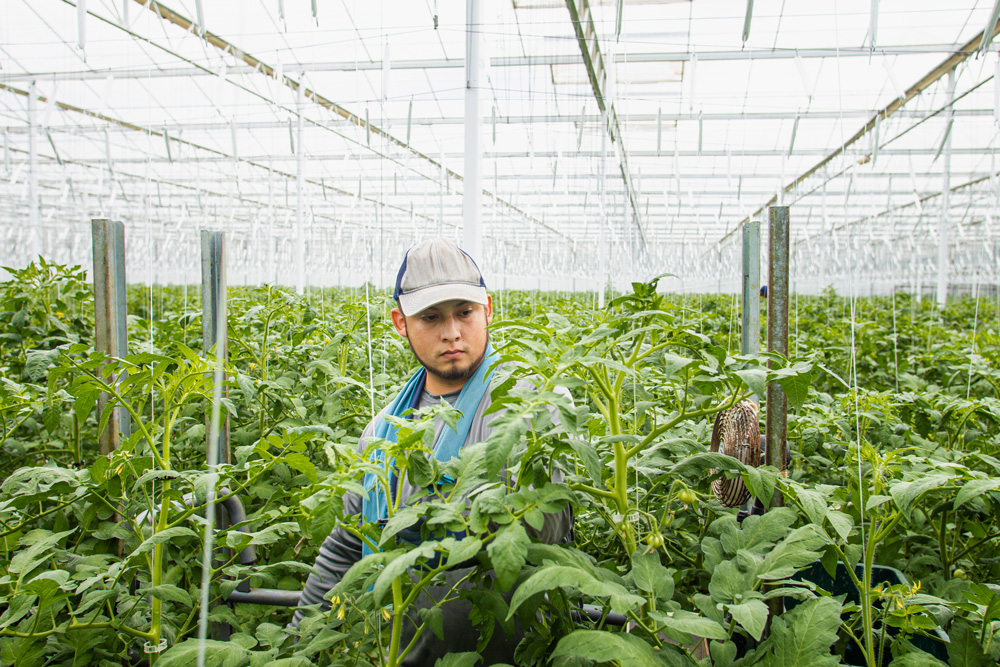
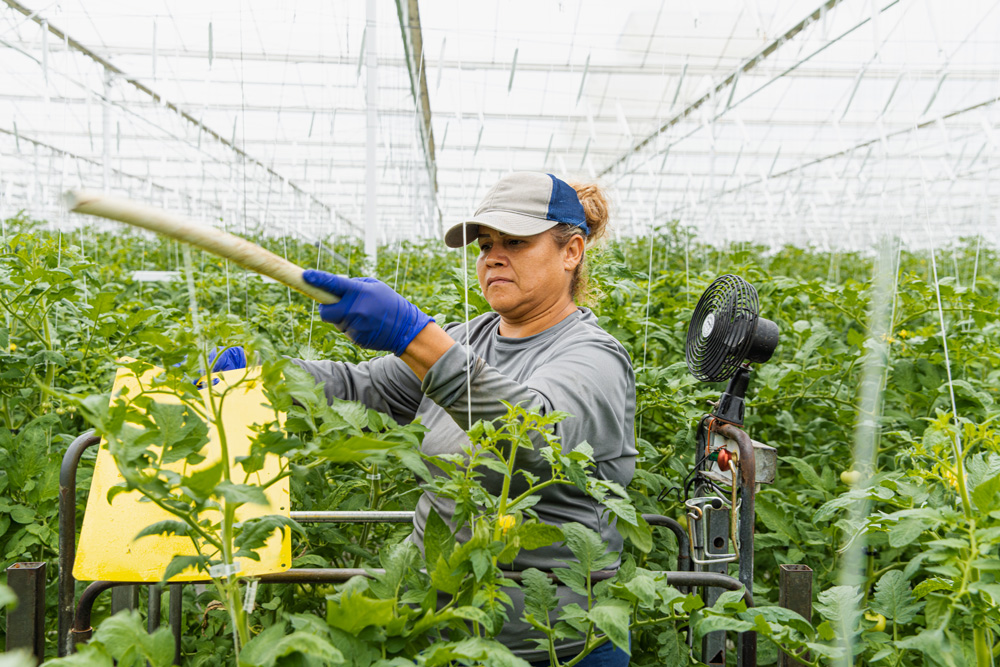
This article was written and photographed by Liz Birnbaum of The Curated Feast.